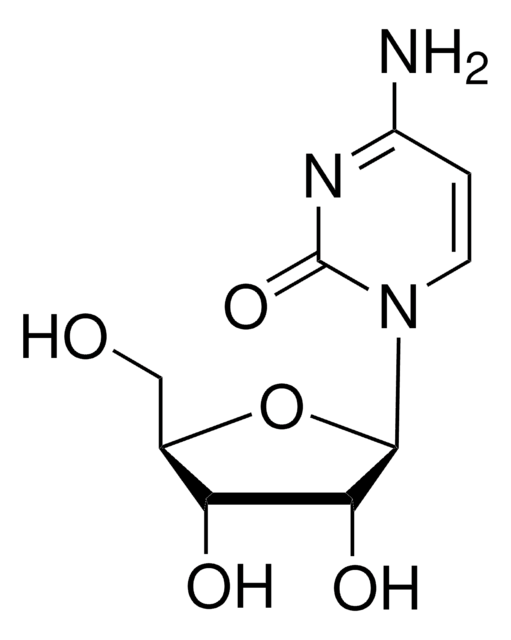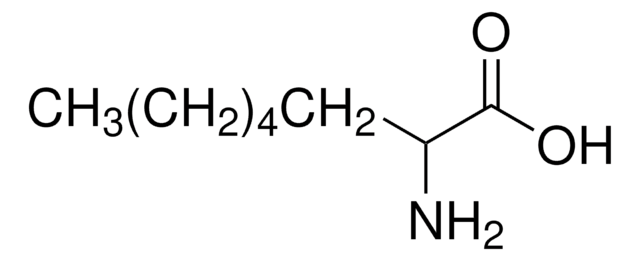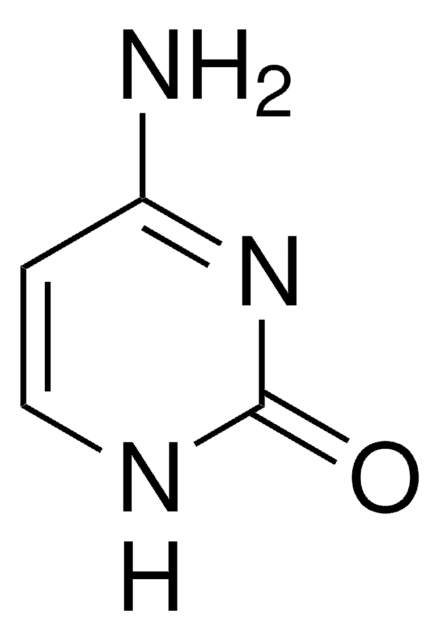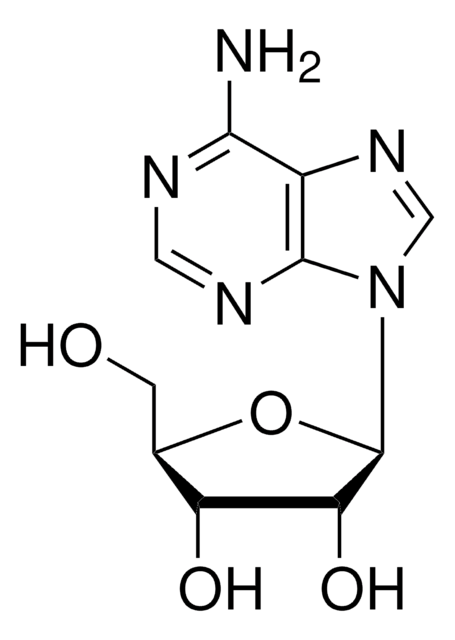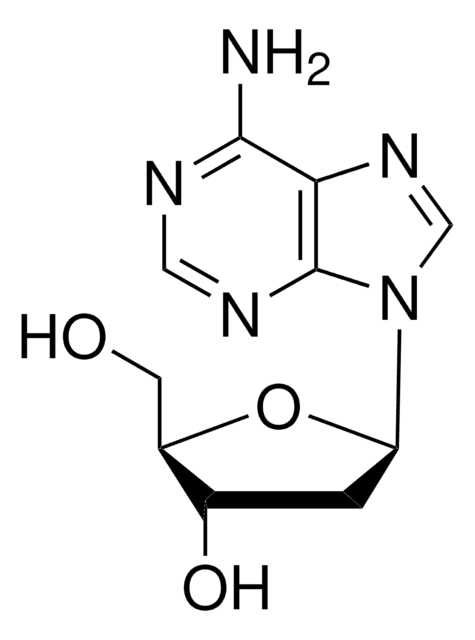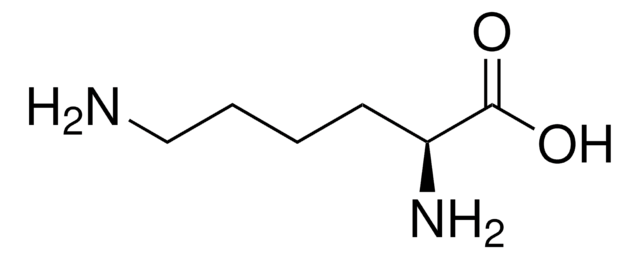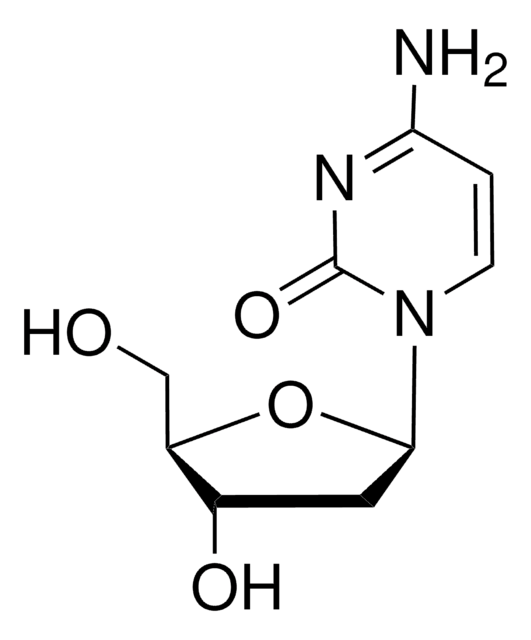94295
3-Ureidopropionic acid
≥98.0% (T)
Synonym(s):
N-Carbamoyl-β-alanine
Sign Into View Organizational & Contract Pricing
All Photos(1)
About This Item
Linear Formula:
NH2CONHCH2CH2COOH
CAS Number:
Molecular Weight:
132.12
Beilstein:
1705263
MDL number:
UNSPSC Code:
12352106
PubChem Substance ID:
NACRES:
NA.22
Recommended Products
Quality Level
Assay
≥98.0% (T)
form
powder
reaction suitability
reaction type: solution phase peptide synthesis
mp
170-175 °C (dec.)
application(s)
peptide synthesis
SMILES string
NC(=O)NCCC(O)=O
InChI
1S/C4H8N2O3/c5-4(9)6-2-1-3(7)8/h1-2H2,(H,7,8)(H3,5,6,9)
InChI key
JSJWCHRYRHKBBW-UHFFFAOYSA-N
Looking for similar products? Visit Product Comparison Guide
Storage Class Code
11 - Combustible Solids
WGK
WGK 3
Flash Point(F)
Not applicable
Flash Point(C)
Not applicable
Personal Protective Equipment
dust mask type N95 (US), Eyeshields, Gloves
Choose from one of the most recent versions:
Already Own This Product?
Find documentation for the products that you have recently purchased in the Document Library.
M M Matthews et al.
The Journal of biological chemistry, 262(15), 7232-7237 (1987-05-25)
N-Carbamoyl-beta-alanine (NC beta A) amidohydrolase (EC 3.5.1.6) is regulated in opposing fashion by the substrate, NC beta A and the product, beta-alanine. The native enzyme from rat liver has a molecular weight of 235,000 in the absence of ligands. NC
S Kölker et al.
Journal of neuroscience research, 66(4), 666-673 (2001-12-18)
3-Ureidopropionate (3-UPA) is a physiologic metabolite in pyrimidine degradation. Pathological accumulation of 3-UPA in body fluids is found in 3-ureidopropionase deficiency and severe forms of propionic aciduria. Both diseases clinically present with a severe neuropathology involving gray and white matter
C Engelbrecht et al.
The International journal of biochemistry, 17(4), 495-501 (1985-01-01)
The metabolism of [5-3H]uridine and the incorporation of the precursor into liver RNA was studied in developing (13-day-old) and adult (45-day-old) mice. Different time-courses of labelling and increased amounts of labelled catabolic products of uridine were found in liver and
A B Van Kuilenburg et al.
Analytical biochemistry, 272(2), 250-253 (1999-07-23)
A radiochemical assay was developed to measure the activity of beta-ureidopropionase in human liver homogenates which is based on the detection of the reaction product (14)CO(2) by liquid scintillation counting. Radiolabeled N-carbamyl-beta-alanine was prepared within 15 min by a simple
J Yaplito-Lee et al.
Molecular genetics and metabolism, 93(2), 190-194 (2007-10-30)
Beta-ureidopropionase deficiency (McKusick 606673) is an autosomal recessive condition caused by mutations in the UPB1 gene. To date, five patients have been reported, including one putative case detected through newborn screening. Clinical presentation includes neurological and developmental problems. Here, we
Our team of scientists has experience in all areas of research including Life Science, Material Science, Chemical Synthesis, Chromatography, Analytical and many others.
Contact Technical Service